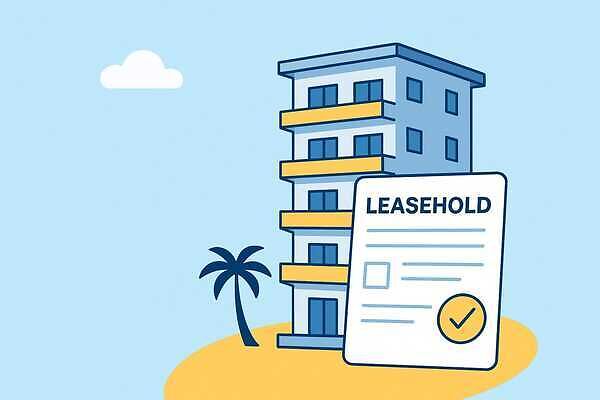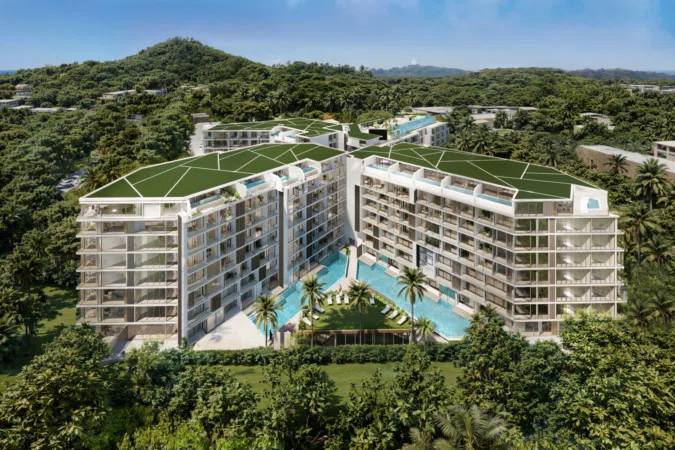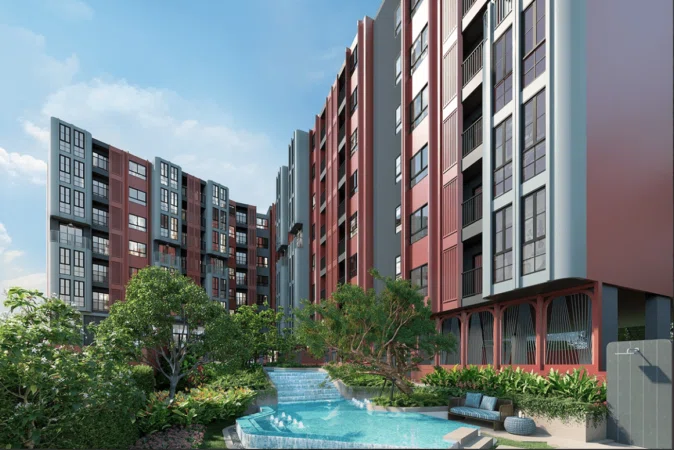Leasehold and secondary sale in Thailand

Buying or selling property as a secondary sale under a leasehold agreement in Thailand has a number of features that must be taken into account. One key rule is that the lease term is not automatically renewed upon resale. The buyer enters into an existing agreement and only receives the rights only for the remaining period of time.
For example: the initial lease agreement is for 30 years → the seller owned the property for 10 years → the new owner receives the remaining 20 years.
To ensure a secure transaction without any unpleasant surprises, it is important to verify key points in advance.
Key Features of Leasehold
- A new lease term is not granted automatically.
- A 30+30+30-year extension is only a possibility, not a legal guarantee.
- It is crucial to verify that the leasehold agreement is registered with the Land Department.
- Clarify the terms of inheritance and assignment of rights.
Checklist of questions before purchasing resale property through a leasehold agreement
Our legal specialist has prepared a list of mandatory points to check.
1. Legal aspects
- How much of the lease term is actually remaining? Be sure to check the data with the Land Department.
- Is there a 30+30+30 year extension, and is there an additional MoU/Agreement?
- Can the property be inherited or resold?
- Does the leasehold only cover the land or the building as well?
- Is the lease registered with the Land Department? Without registration, it may be legally weak.
2. Financial Terms
- What is the cost of renewing the lease, and what are the associated expenses?
- Who pays the transfer fee — the seller or the new owner?
- What are the monthly and annual payments: maintenance fee and sinking fund?
3. The Property Itself
- What is the condition of the property: repairs, utilities, furniture, hidden defects?
- Are all the necessary documents available: building permit, building registration?
- What are the residential complex rules: are short-term rentals permitted (for example, through Airbnb)?
4. Additional Factors
- Who is the landowner (developer or landlord) and how reliable is they?
- How does the management company maintaining the building operate?
- What is the ownership history: how many times has the property been resold and for what reasons?
To conclude
This checklist is the foundation of your due diligence when purchasing resale property in Thailand under a leasehold arrangement. It will help you avoid legal pitfalls, properly value the property, and prepare for the transaction.
On the Housebook Thailand platform, we collect only verified projects and help clients understand the nuances of transactions. If you are considering purchasing resale property, our team is ready to support you every step of the way.



